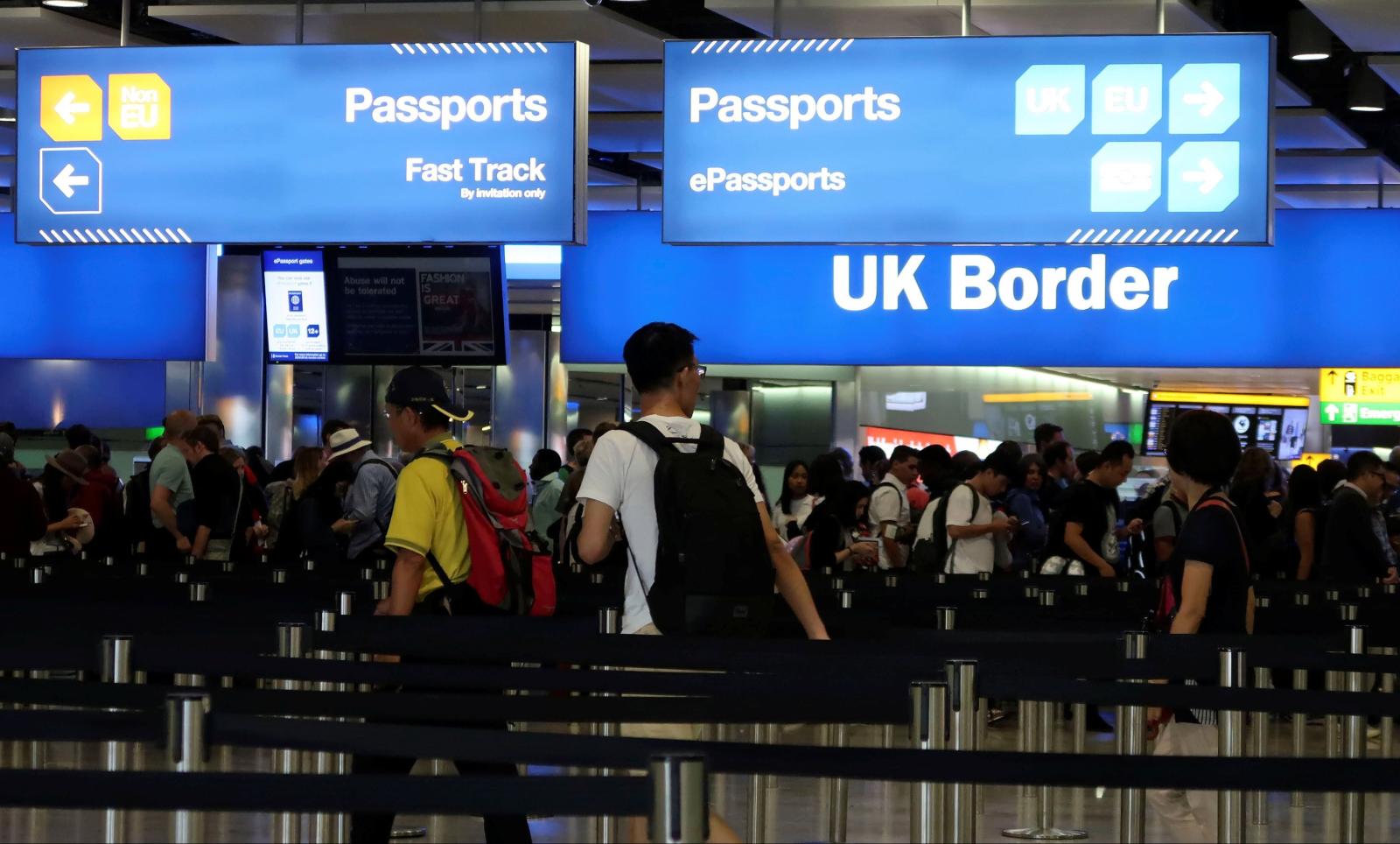The UK border’s latest rule change is pretty rude to the EU
Yesterday, at the UK’s annual autumn budget announcement, Chancellor of the Exchequer Philip Hammond included details of a new rule at the UK border, one that will make visiting the UK much easier for visitors from certain nations.


Yesterday, at the UK’s annual autumn budget announcement, Chancellor of the Exchequer Philip Hammond included details of a new rule at the UK border, one that will make visiting the UK much easier for visitors from certain nations.
We’ll open the use of e-passport gates at Heathrow and other airports…
…currently only available to EEA nationals…
…to include visitors from the US, Canada, New Zealand, Australia and Japan;
Currently, when you arrive at a UK airport, UK citizens and all members of the European Economic Area (which includes the 27 EU member states as well as Iceland, Liechtenstein, and Norway) who have a biometric passport do not have to interface with a border patrol agent. Instead, they can move straight through the automatic e-passport gates. It’s the type of automated, seamless travel that architects of the EU’s “freedom of movement” principle probably envisaged.
While it was initially unclear whether Hammond meant that the e-passport gates would be open, post-Brexit, to visitors from those nations in place of those from the EEA, a question during the Home Affairs Select Committee today (Tuesday) cleared that up. Immigration minister Caroline Nokes said “We are certainly not going to prevent EU passengers from using ePassport gates.” The Home Office also announced that this change will take place effective summer 2019. So that’s one thing about post-Brexit Britain that’s now cleared up.
It appears the announcement is part of the broader “registered traveller” program that streamlines entry into the UK for a range of nations. And, as Bloomberg noted, allowing these nations’ citizens to “jump the queue” is “part of the UK’s bid to open more broadly beyond Europe as it prepares to separate from the EU.” It could also be a not particularly subtle message to Europe: “We still have friends.”
This may be good news for Americans, Canadians, New Zealanders, Australians, and Japanese, but it doesn’t do much to dispel the uncertainty looming over the nature of post-Brexit movement between the UK and the rest of Europe. And announcing the change at the final annual budget before leaving the EU is a bit, well, rude.
Update: This post was updated to reflect new information from the Home Office about the e-passport gates.